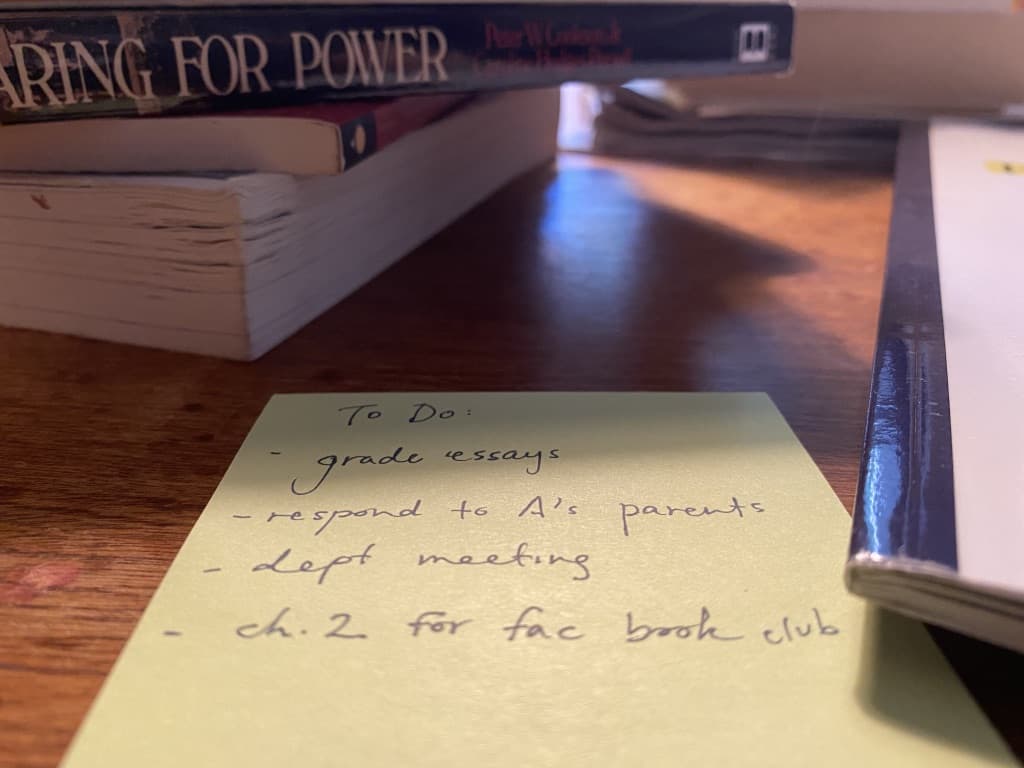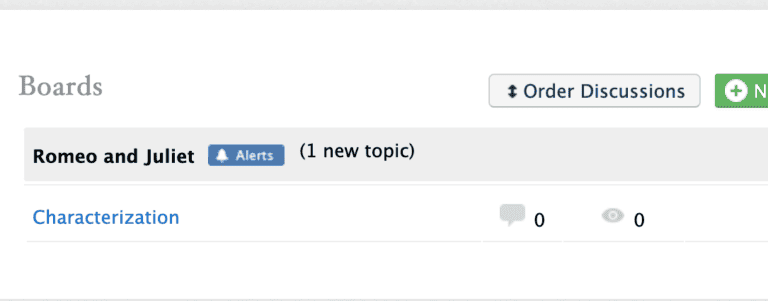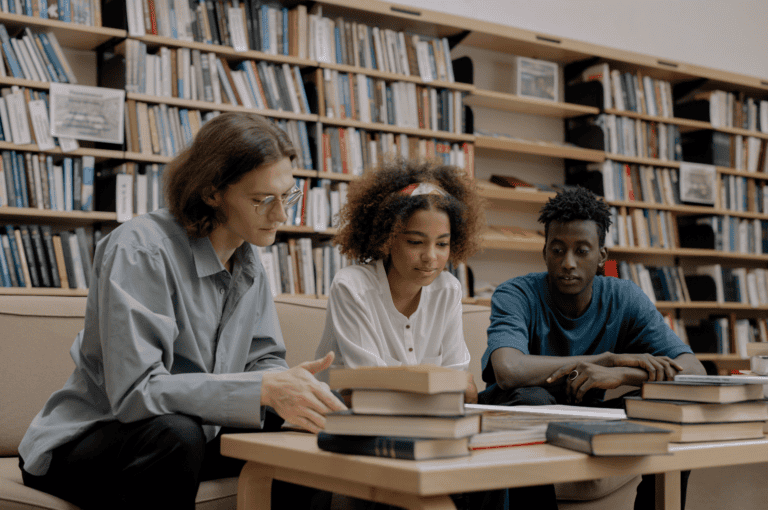Can Failure Undermine Learning?
Lauren Eskreis-Winkler, and Ayelet Fishbach, “Not Learning From Failure—the Greatest Failure of All.” This research article, published in 2019 by the Association of Psychological Science, demonstrates how failure can undermine learning when it threatens one’s ego. Generally, people believe that negative stimuli are known to command more attention than positive. This suggests that we both pay more attention to and learn from failure than we do success. Eskreis-Winkler and Fishbach’s article, though, says otherwise; in it, researchers explore the possibility that failure compromises people’s motivation to learn during the failed experience itself, due to the threat failure poses to one’s ego. In order to explore this, researchers performed five studies that yielded statistically significant affirmative answers to the following questions: (1) Does failure undermine learning? (2) Do people learn less from failure than success? (3) Does failure motivate people to tune out of a learning experience? (4) Does the sense of failure being ego threatening undermine learning? And finally, (5) Is the ego-threat reduced, and thus learning increased, when people instead draw from the failures of others?
Across these five studies, participants learned less when given failure feedback than when given success feedback, even when both types of feedback contained full information on the correct answer. Receiving failure feedback “undermined learning motivation because it was ego threatening: it caused participants to tune out and stop processing information.” A number of questions emerge for us when we think about these findings in a classroom setting. How do grading or instructional systems promote the linkage of failure to ego? How can the link between failure and ego be severed so that students are not discouraged from their long term goals? Is this separation something to be implemented when students are young, or are there changes that can be implemented in higher education? Knowing that children are less likely to see failure as ineptitude than adolescents, is it better to start tasks that have immediate failure/success feedback, such as group discussion, in younger grades? We hope that this article will help educators consider if ego and failure can be separated, or if their students can be instructed to “reappraise feedback in less threatening terms.” Reflecting upon this research might lead to a shift in the way teachers and students think about what it means to fail, and by extension, persist.




